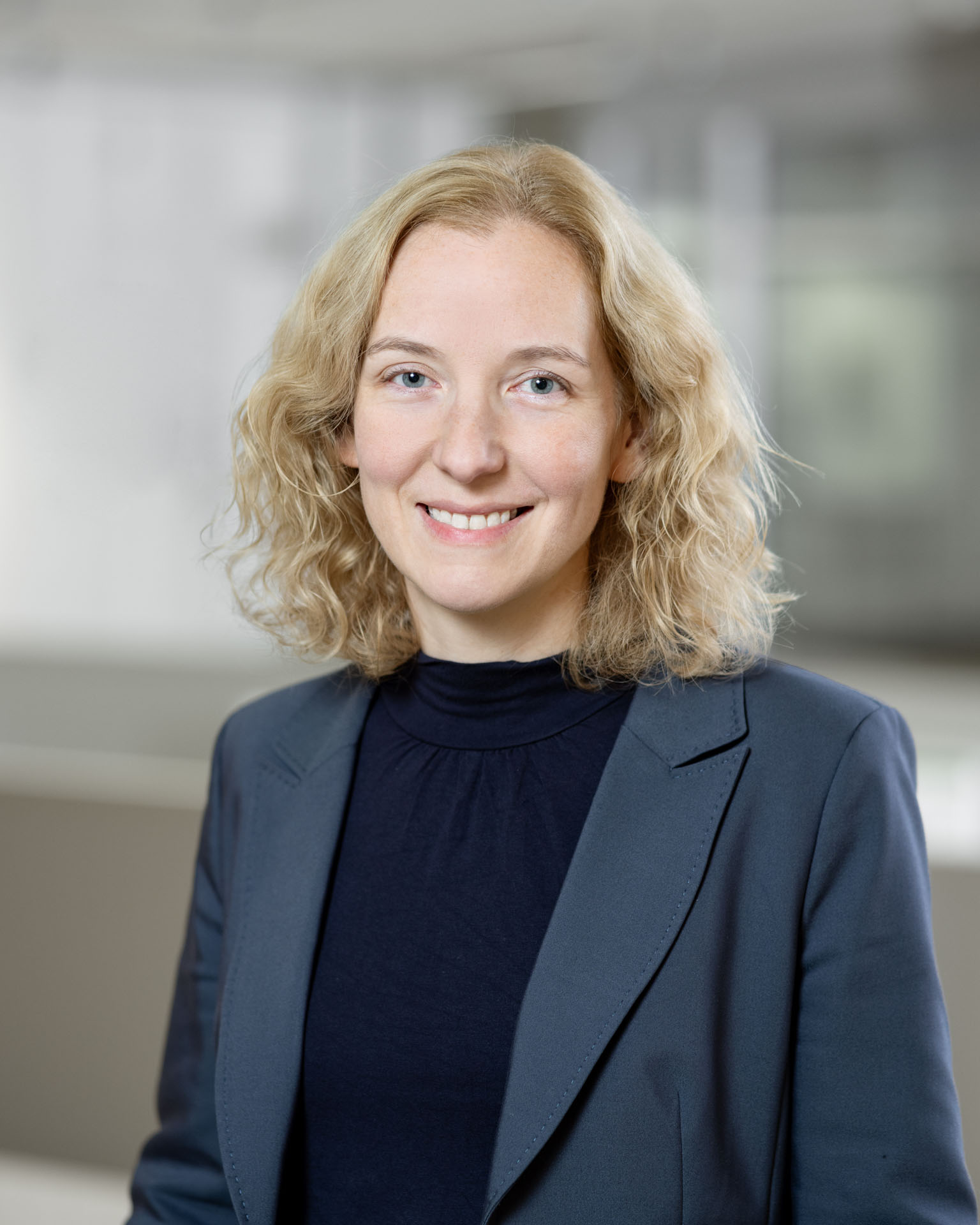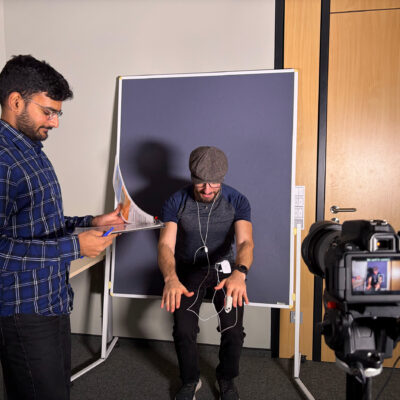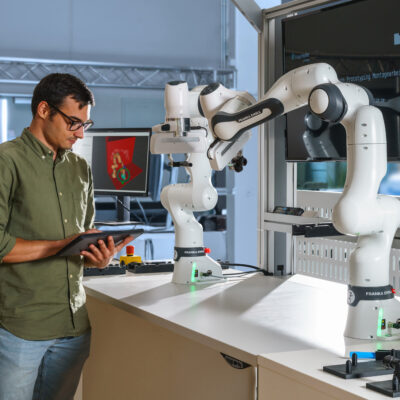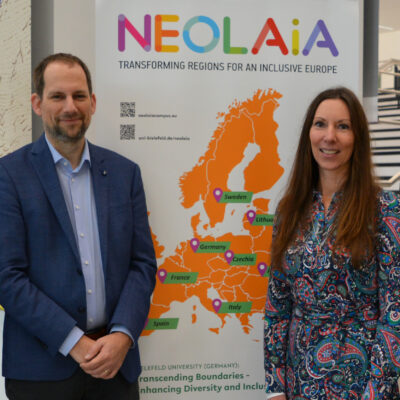What is the impact of governmental intervention on pandemic dynamics and on economic strength? To which medical care unit should a patient with chronic pain be referred? And how can we use fluorescence signals to learn about the properties of our cells? Christiane Fuchs of Bielefeld University tackles questions like these on the basis of data. She is Professor of Data Science at the Faculty of Economics and Business Administration. Her approach is to use mathematics to get closer to the answers.
The answers suggest a range of possibilities. “We usually can’t say how exactly some dynamics will develop, but we can create scenarios and determine probabilities,” she says: “It’s important that we always take into account the role of uncertainty and communicate the uncertainty associated with it.” The scientist’s work is highly interdisciplinary, combining mathematics, computer science and practical applications, involving financial, medical, or social science data.

© Philipp Ottendörfer
AI recommendations on antibiotic use
For example, the mathematician is currently involved in the KINBIOTICS project. The aim is to make AI-based recommendations on which antibiotic is best suited to an individual case. The focus is on patients suffering from sepsis (blood poisoning). When doctors are faced with making such a decision, many factors come into play, including the patient’s clinical values, medical guidelines and previous experience.
“In many medical contexts, there are also a large number of parameters that interact in such a complex way that it is not obvious to humans,” says the researcher. This is why AI will be used to make recommendations. Algorithms will be trained based on data to make predictions about individual outcomes and side effects. “It is important, however, that in the end it is not the machine that makes the decision, but it only provides recommendations”.

Labour market figures, medical parameters, financial data: The professor is involved in various disciplines. “Each speaks its own language,” she says: “I find it exciting to come into contact with so many different topics. To ensure that her analyses work reliably, Fuchs takes a close look at the data. Values are often missing, for example. “Have they not been recorded or measured? Or does the fact that they are missing already contain relevant information?” she says. To be able to assess this, it is essential to be familiar with the applied discipline and to communicate with other researchers. Interdisciplinarity is playing an increasingly important role in cutting-edge research: “And Bielefeld University offers an excellent environment for this.”
Besides the application orientation, Fuchs also likes theoretical questions. “Sometimes I spend the whole night thinking about a formula,” she says: “I love the beauty of numbers and their aesthetics.”
Enthusiasm for mathematics discovered early
Christiane Fuchs discovered her passion for mathematics at an early age. “It was the subject I liked best at school,” she says. In the twelfth grade, she took part in an academy sponsored by the German Federal Ministry of Education and Research during the school holidays. “There I realized that mathematics is more than drawing parabolas and calculating intersections, but that it is about logic, explanations and mind games”. She liked it so much that she quickly decided to study mathematics. Today, her research interests include stochastic differential equations, uncertainty quantification and computationally intensive statistical methods.
Not much leisure time is left next to research for the scientist with two children. “I play the trumpet in a choir,” she says: “I have been able to keep this hobby. Although she does not see herself as a role model, she has heard others refer to her as such as a woman with two children who is making her way in research. “It makes me happy if I can encourage others to follow their career paths,” she says. Sustainable research is also important to her. “I am committed to ensuring that research is open and reproducible,” she says. In her view, these are relevant aspects for the evaluation of research results and the basis for society’s trust in science.





